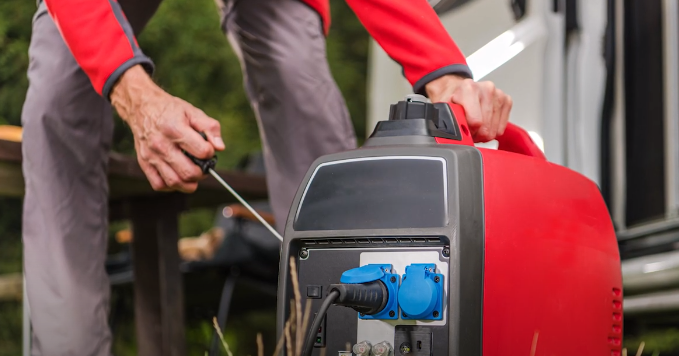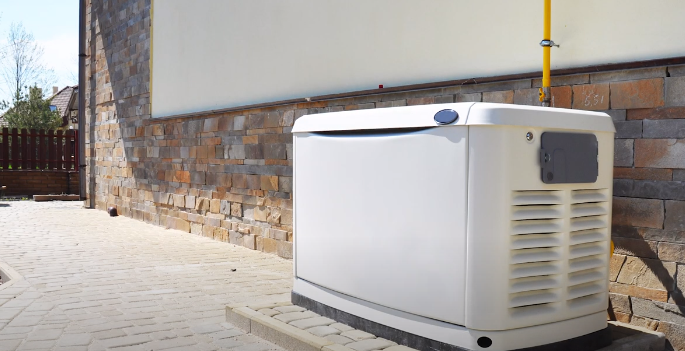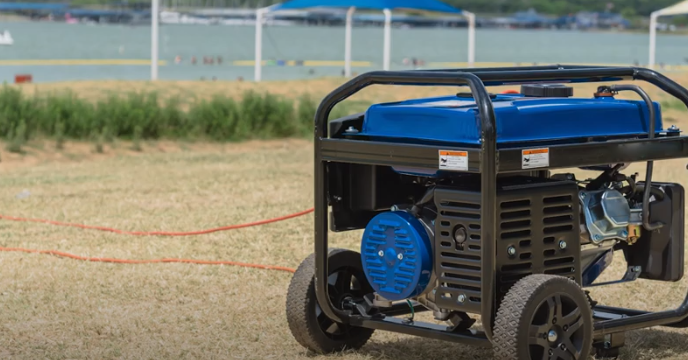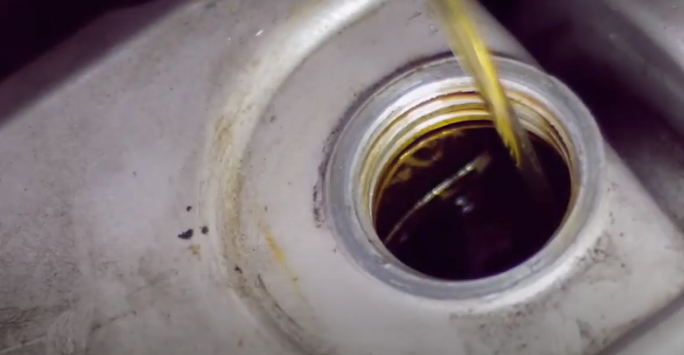Generators 101: Which One is Right for You?
If you are in the market for a generator, you will need to read this guide! There are various options on the market, so we’ll outline everything you need to know to get started. We will start by explaining what a generator is and why you might need one, as this may help steer you in the right direction when picking the right one for you and your needs. We’ll also dive into the different types of generators, fuel sources, and other important considerations when making a decision.
What is a Generator?
- Generators turn mechanical energy into electrical energy
- They provide electricity to machines and household appliances when electricity is not available
- They are critical pieces of equipment to keep you safe during hurricanes, snowstorms, and power outages
- Small generators can be used for powering RVs, boats, and workshops without electricity
Basic Types of Generators
Inverter Generators
- They have an engine connected to an alternator to produce AC power, which converts into DC power (DC power can be stored)
- Best used for camping, boating, and other leisure activities
- They are quiet (compared to others)
- Lightweight
- Easy to transport
- Can power things like heaters, lights, phones, and more

Whole House Generators
- Provide power to your entire home
- They provide automatic backup power within seconds of an outage
- Permanently installed
- Uses existing fuel supply (natural gas and liquid propane)
- When purchasing a whole house generator consider noise and a generator that has self-diagnostic features

Portable Generators
- Best for small and short-term needs
- Used for job sites for powering tools
- They can be loud
- Consider getting one with a 12-volt outlet to charge devices

What Kind of Fuel Will You Need?
Gasoline
- Readily available and easy to purchase
- Long shelf life (3-6 months or over 3 years if mixed with fuel stabilizer)
Diesel
- Offers the most energy per gallon
- Reliable and accessible
- Best for big jobs that require an extended amount of time
Natural Gas
- Well priced and easily available
- No storage or refueling required
- Less energy efficient
Propane
- Liquid propane has an excellent shelf-life
- Clean-burning fuel
Battery Powered
- Often combined with solar generators
- Quiet and safe for indoors
- Can take a long time to charge and produce a low power output
Before making your final decision, you will also want to confirm that you will have enough space to store the generator and fuel. You will also want to consider the noise level, especially if you have neighbors close by or are using it on a campsite. Finally, save money on your purchase by buying the generator that only supplies exactly what you need. Consider what equipment, tools, or devices you will need to supply power to, and how much wattage they require.
We hope these tips have helped you narrow down the type of generator that best suits your needs and you will be more than prepared when you are ready to make your purchase. Don’t forget, if you are ever in need of OEM replacement parts for your generator, we have you covered! For more tips and tricks for around the home, check out our YouTube channel.







